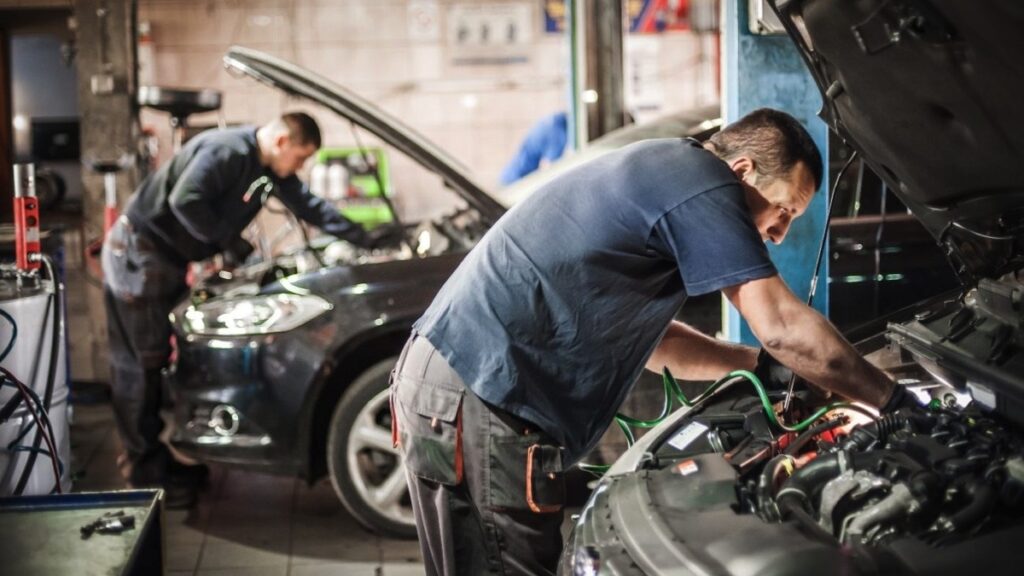Wheel alignment is the process of adjusting a car’s tires and suspension to make sure they meet the requirements specified by the car manufacturer. In addition to decreasing tire wear and increasing fuel efficiency, proper alignment improves handling. It’s an important maintenance task that’s frequently disregarded. Regular alignment checks are often overlooked by car owners, which can lead to a number of financial difficulties when maintenance is put off.
Preventing Unequal Tire Wear
One of the major economic benefits of wheel alignment is preventing uneven tire wear. Mismatched wheels can accelerate tire degradation and cause uneven wear. Your tires may need to be replaced sooner rather than working at their optimum throughout their lives. Regular alignments can extend the life of your tires, saving you money since new tires are expensive.
Enhanced Fuel Economy
Not only can misalignment lead to increased tire wear, but it can also reduce your car’s fuel economy. When the wheels are positioned correctly, there is less resistance for the car to overcome when it is moving, which requires less work from the engine and saves gasoline. Conversely, mismatched wheels can put more strain on the engine and raise fuel consumption. Over time, regular wheel alignment maintenance can result in increased fuel efficiency and lower gas costs. Those who drive more frequently or have longer commutes stand to save a lot of money. To ensure optimal performance and savings, consider utilizing Auto Services in Moore, SC.
Improved Safety and Handling of Vehicles
Wheel alignment improves vehicle control and safety and saves money. Misaligned vehicles are harder to steer and control, especially at high speeds. Accidents or safety hazards may require drivers to make more regular and urgent repairs. Wheel alignment reduces the risk of handling-related accidents by ensuring your car drives smoothly. Preventing accidents reduces auto insurance rates and damages.
Keeping Other Mechanical Problems at Bay
Maintaining wheel alignment helps prevent mechanical issues. Misalignment can strain steering and suspension parts, requiring costly repairs. For instance, incorrect wheel alignment can limit the lifespan of struts, shocks, and other suspension components. By addressing alignment issues early, you can avoid these unexpected repair costs.
Conclusion
Routine wheel alignment has substantial and varied financial advantages. The benefits of keeping perfect alignment far outweigh the costs of routine checks and adjustments, from reducing uneven tire wear and increasing fuel efficiency to boosting safety and saving needless mechanical repairs. By considering wheel alignment as an essential component of regular auto care, you can prolong the life of your tires and car while also enjoying a smoother ride that will save you money over time. Any responsible car owner hoping to save money over time would be wise to invest in their vehicles with regular alignments.

